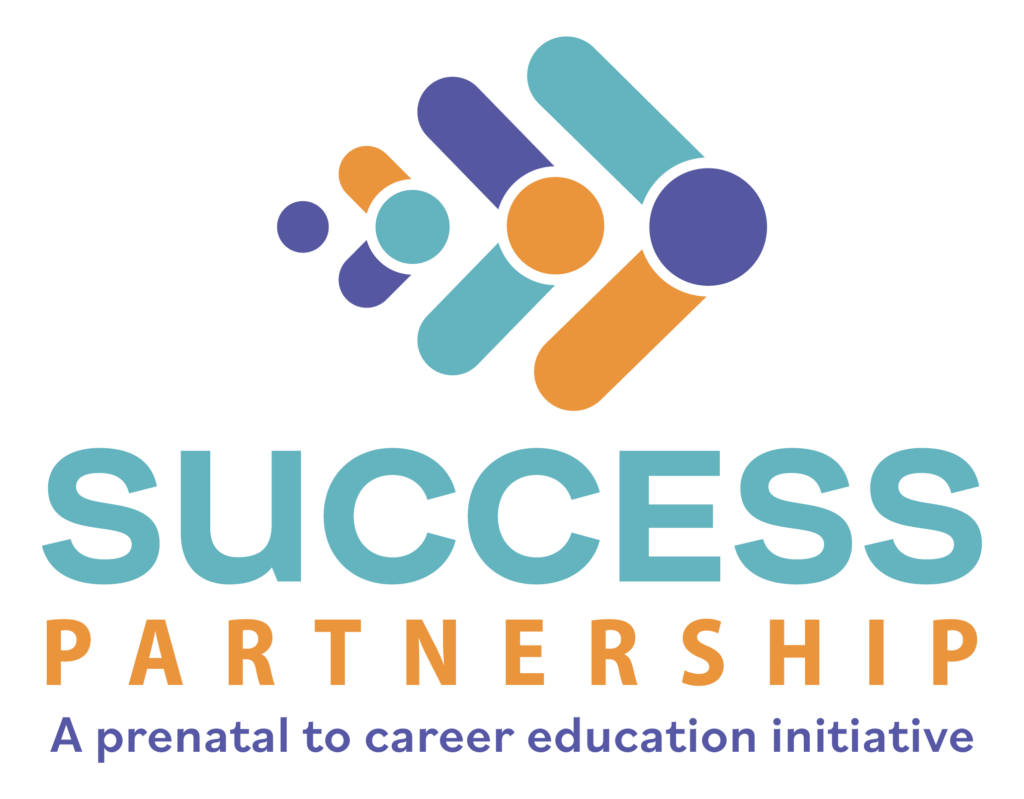The one occupation most adults will have is that of a parent, but most adults have little or no training in how to parent or even what to expect from their children as they move through various stages of development. “Is that normal?” “What should she be doing at this age?” “How can I help my son develop into the best person he can be?”
Most parents rely on memories of how their own parents raised them or the advice of friends, relatives, or self-help books. Why is that? Why don’t babies come with instruction manuals? We know how they learn, grow and develop. There is extensive research on what babies, infants, and children need to thrive. Why, in the Twenty-First Century, is this not provided for every parent?
Investments in early childhood in the form of home visiting, quality childcare and early childhood education have the highest return on investment (ROI) of any time in a person’s life.The noted economist, Dr. Heckman, calculates ROI of as high as 13% per year for early childhood investments with the highest returns for home visiting. Thirteen percent is much better than investments in higher education and far better than the historical average of about 7% for Wall Street investments. Not to mention, investments in children can never be lost due to an economic downturn or financial crisis. Investments in children build our country, state and economy of the future.
Parents are not endowed with an innate knowledge of how to provide a stimulating and enriched environment. Parents often believe they are providing everything their child needs if he or she is simply fed. More affluent parents, with higher levels of income can provide for more social, cultural and brain-stimulating experiences that a baby needs for optimal development. This is due to less stress in the home, more time available for the child, more resources for the child and an overall richer sensory environment.
Shouldn’t that be available for every child? Why should the children of parents who are better off, be given an advantage in life solely based on the outcome of whom they were born to? If we believe that all children deserve an equal chance, then it is up to society to ensure equality of opportunity and to provide services to ensure it occurs. We cannot blame children for their outcomes in life because their “chosen” parents were less prepared for parenting or less affluent.
Home visiting helps to lessen the opportunity gap between rich and poor. It provides the tools for new parents to maximize their child’s potential. Home visiting is the “instruction” manual for how to raise competent, resourceful, intelligent, kind children who will be assets to society and not liabilities.
When a child is born, the new parents are given information from a nurse or expert before the family heads home. In some progressive countries parenthood is welcomed with a baby box complete with bedding, nursing aids, suggestions for quieting a colicky infant, and breastfeeding advice. It is complete with emergency numbers and tips for managing a newborn in the family.
Two weeks later, an infant expert makes an appointment with the young family and checks on how the parent and child are doing. A home visit, while helping the new parents, also helps check on the environment for the infant and may alert to potential problems with suggestions on how to help the family and baby. These home visits continue as the baby grows and develops. With each visit, the expert is assessing what the family and child needs and provides the next chapter in the child care manual. The number of visits can be increased or decreased as the needs of the child and family demand. Home visiting programs should all be provided by the state for all children as an investment in the future. It should not be a program exclusively for the poor nor for the affluent, but for all children.
Home visiting programs have proven to be effective at reducing child abuse and neglect. It increases parent involvement. It increases school readiness and reduces the opportunity gap. Home visiting reduces emergency room visits and health care costs. Parents report reduced stress and more confidence in raising their children. Down the road, home visiting reduces dropout rates, incarceration rates and increases income earning potential. It also has 13% ROI that beats all other investments, and its risk free and recession proof. It does cost money, which means it becomes political.
We need to see home visiting as an investment in the future of the state that will build our economy and improve the overall quality of life. Models of quality home visiting abound and are scalable, if we are willing to make the investment. Currently, about 6% of children 0-3 years old in New Mexico receive some form of home visiting at a cost of $8.6 million a year in state funds. Instead of providing access to home visiting programs to some families, we could ensure that all children born in the entire state are given the opportunity for success.
Children are not born with instruction manuals, but in New Mexico they could be.
Sen. William (Bill) Soules, D, is the SUCCESS Partnership Leaders Circle chairman and a member of the Legislative Study Committee.
